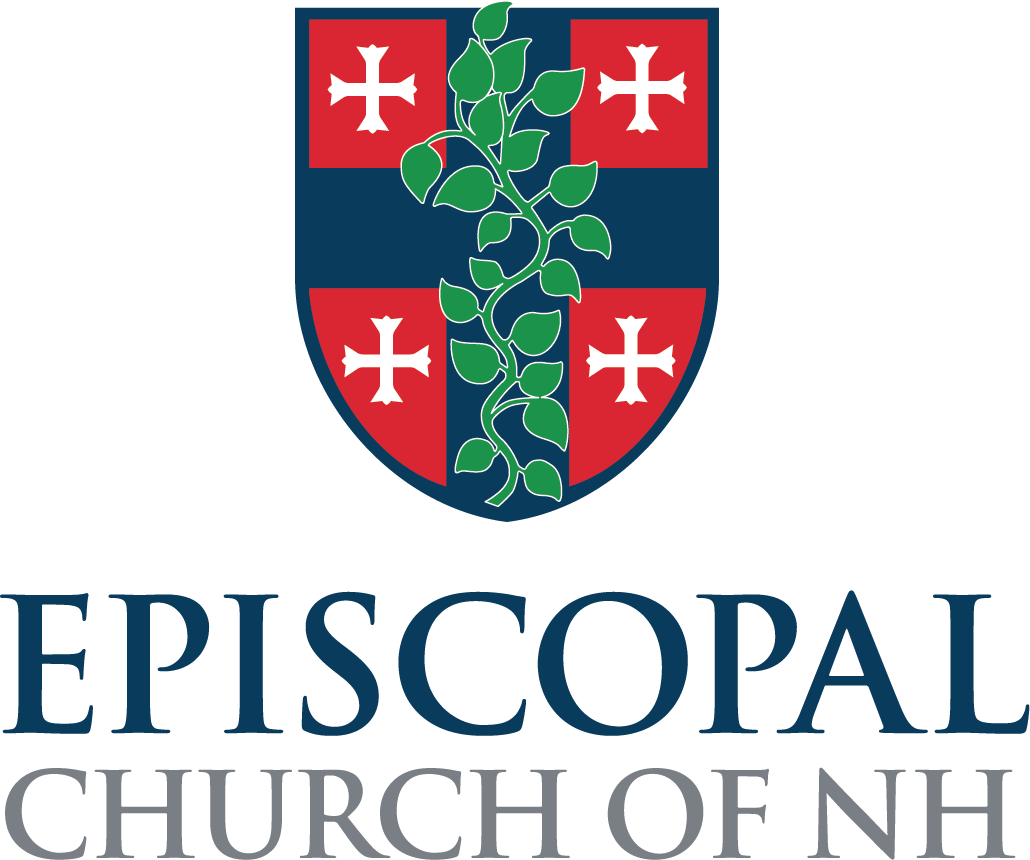Thanksgiving came a few days early for me this year. There was no turkey, rather some cold broccoli, cauliflower, and carrots laid out on a table under a fluorescent lamp. I didn’t know several of the people around the tables. They had gathered on a cold afternoon at the Mission in Franklin on the morning after a troubled man, a friends and parishioner, likely trapped in a downward spiral of anguish, was killed in an exchange of gunfire with the local police. Just days before, a beloved former Franklin Chief of Police was slain by a disturbed and armed gunman at the State Hospital in Concord. As it turned out, even that assailant had a connection to the small group gathered at that table. In recent days Franklin had its share of sadness and grief as it faced these tragedies and the prevalence of addiction, mental illness, poverty. And yet, and yet—
Nevertheless—the church was open, coffee was brewed, and God’s people were already—already!— dreaming and thinking of ways to be even more present. They knew they had no “once and for all” answers, except to simply come alongside, offer a warm place—even for a few more hours a week—to share a cup of coffee, a phone number for help, a good word of companionship, and care as fellow children of God. I could only stay for a brief time around that table, but I experienced in that half hour nothing less than eternity.
Sometimes, probably too much, we rely on the urge of gratitude to rise within us. Waiting for that warm glow of the knowledge of blessing to overtake us may leave us feeling anything but grateful. Maybe cold, or even resentful. I heard once that we live in a “culture of pathology,” meaning that our grievances and struggles tend to dominate our attention, causing us to vent— even in times of relative prosperity. Of course, our news is dominated by graphic reports of violence raging in at least a dozen regions of the world. Civil discourse is more dire than civil. And, yes, our loved ones inevitably disappoint, or grow old, or disappear. I admit it—as a dour teenager, I usually resented my elders’ advice to just “count your blessings." That counsel usually caused me to do just the opposite, and to count my pains (including my elders!). New Hampshire Christians, despite claiming her as the secular patron saint of her hometown of Littleton, are not called to follow Pollyanna, but to follow Jesus who made the way of the Cross the way to Life.
So, having acknowledged all that gloom and grumble, however justified, here we are at Thanksgiving—that day that asks us to carve into not just a warm meal, but space and time and breath. We are invited simply to be and to acknowledge the blessing of our being. We are alive. People love you and me, sometimes even despite ourselves, miraculously! We have hope that we can walk alongside people who are suffering. We have an opportunity to turn toward light, toward community and loved ones, and toward a God whose resurrected Presence and love is stronger than all suffering, humiliation, faith, even death itself.
I am utterly grateful for the Spirit of God’s love that moves so undeniably powerfully and resiliently in the hearts, minds, and bodies of so many of us. As Jesus promised, those presences—your presence—move mountains. And along with the whole world, I have come to rely and depend on such prayers, actions, and love. I thank God for you. It makes this heart, even this one, sing for joy and gratitude.
With every blessing of thanks,
+Rob
